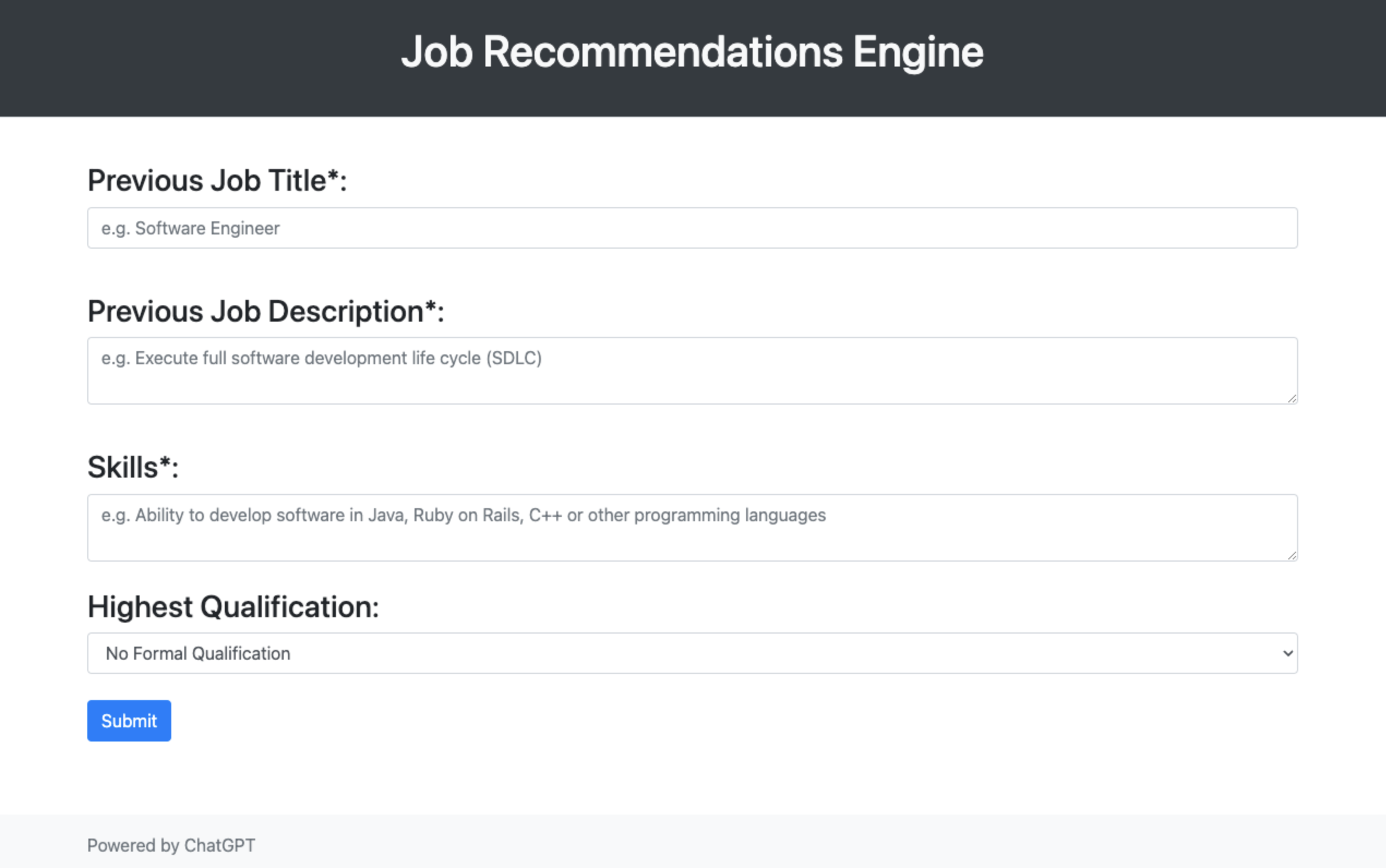A Slacker’s Guide to Programming

GPT-3: The Latest Craze in NLP
Why AI is the Future of Job Search
TL;DR
Introduction
"ChatGPT: The next best thing since sliced bread."
"ChatGPT: The Future of Text Analysis and Generation"
"The Rise of ChatGPT: How it's Changing the Face of NLP"
Not a single day goes by without hearing something about GPT-3 or ChatGPT.
And you know what else has been making headlines lately? Tech layoffs.
"Microsoft Is Preparing Its Biggest Round Of Layoffs..."
"Meta Lays Off More Than 11,000 Employees..."
"Amazon Is Set for New Round of Job Cuts Affecting 18000 People..." etc.
First, there was the Great Resignation, and now there is the Great Restructuring.
What comes next?

The recent tech industry layoffs have left many highly skilled workers in need of new job opportunities.
And we are all aware of how daunting and overwhelming the job search process can be!
In my field of work, I've been fascinated in the use of Artificial Intelligence and machine learning to solve real-world problems.
One such problem is matching job seekers with the right job opportunities, especially in the wake of recent tech layoffs.
What if we could use GPT-3's intelligence to create a job search tool that is tailored specifically for job seekers?
Revolutionising the Job Search: How GPT-3 is Changing the Game
Yes, this hyperbolic and dramatic title was generated by ChatGPT.
The news of Microsoft's intention to include a ChatGPT-Powered Bing search engine was widely reported online a few weeks ago.
The internet was also flooded with reports of tech layoffs from Shopee, Amazon, Meta, Microsoft, and other companies.
It got me wondering.
"What if we could build a job search engine that is tailored to your specific role?"

Now, I know what you're thinking, "Is this like a magic solution that guarantees me a job?"
Unfortunately, no!
However, GPT-3 may actually be used to enhance your job search process, and you can use it in conjunction with other approaches to improve your chances of finding a job.
Is this a turnkey solution? Not quite.
Although GPT-3 does eliminate the complexity of data preprocessing and model training, allowing us to focus on solving actual problems.
A Job Search Engine Powered by GPT-3
To test the technology's potential, I created a simple job search engine using the OpenAI API.
The engine uses GPT-3's natural language generation capabilities to generate helpful prompts for job seekers by learning about their experience, qualifications, and skills.
This data can then be used to build a list of job recommendations that correspond to the job seeker's profile.
Try out the Job Search Engine (Powered by GPT-3)

Results



Conclusion
One major drawback of GPT-3 is that it is a Blackbox, making it impossible to interpret the results of the generated output.
The API does take quite a while to generate the results as well.
Apart from these gripes, it's truly amazing!
Like a magician, GPT-3 uses its sophisticated language processing capabilities to accomplish acts that appear to be... Magical!
I believe AI has the potential to revolutionise the way we live and work, for good or for bad.
One concern that I foresee is that if people become overly reliant on this technology, they might lose the ability to think critically or make decisions on their own.
Instead of a tool, it becomes a crutch, which could lead to a lack of critical thinking and problem-solving skills.
On the flipside, a person with no engineering background would be able to leverage services like ChatGPT to perform NLP tasks on their own.
That being said, with technological breakthroughs and the increasing availability of data, Skynet may not be such a far-fetched concept after all.


